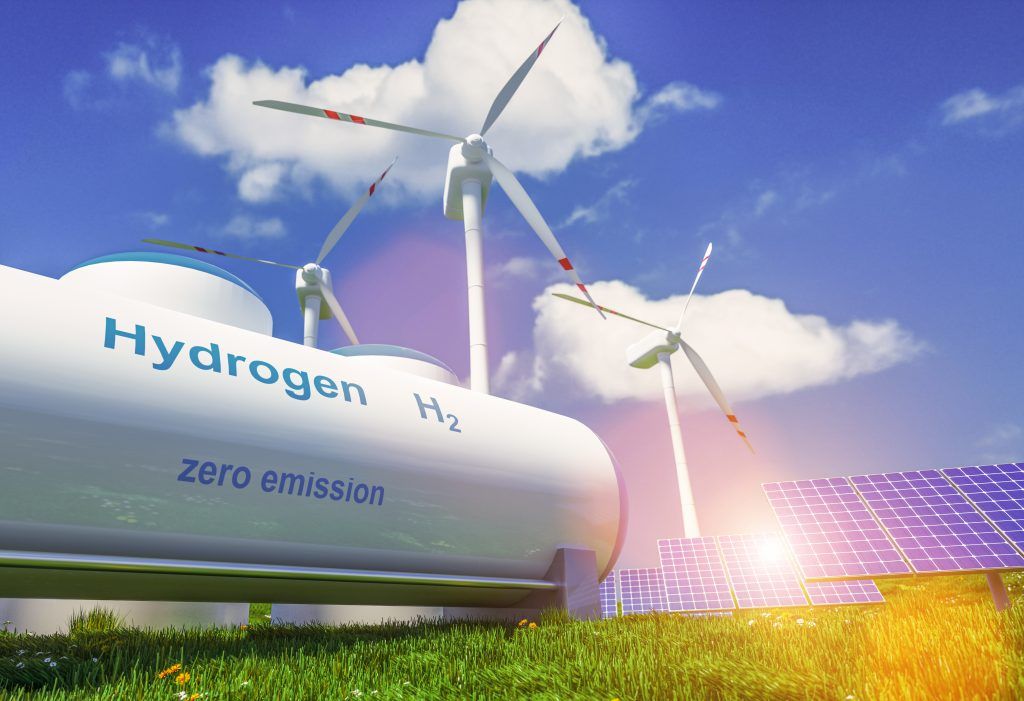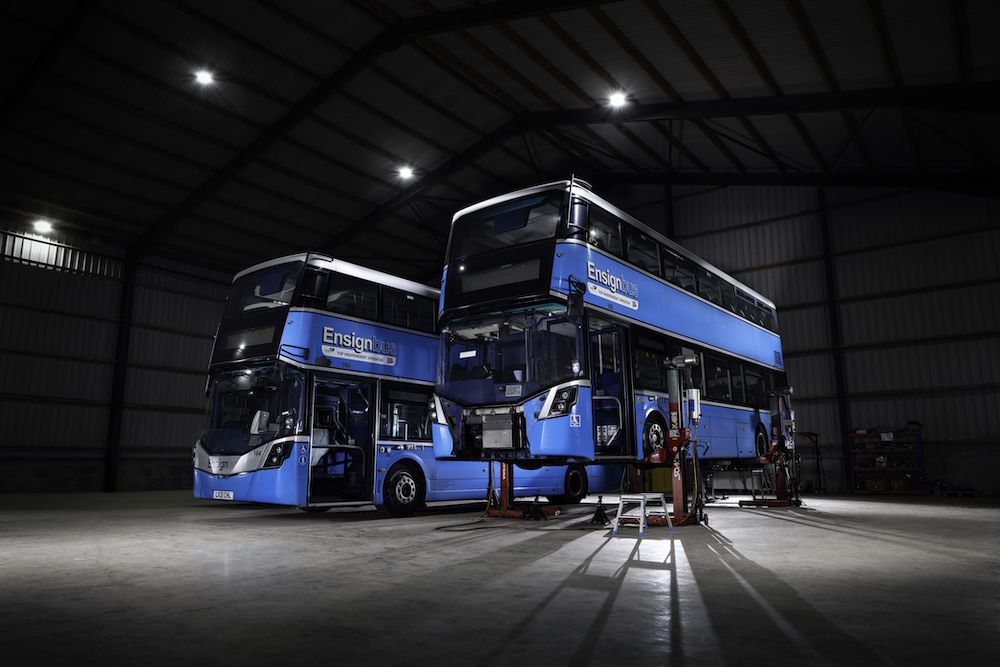A new fund has been set up by the government to drive forward green maritime ambitions on the government’s planned journey to net-zero carbon emissions.
The £20m fund will see concepts like hydrogen-powered vessels and e-charge points at ports developed across coastal towns, with cash used to support the development of prototype vessels and port infrastructure that could then be rolled out widely.
The government wants collaboration between the academic community and UK shipping, ports and shipbuilders on projects that drive economic growth; revitalise coastal communities; create jobs; and position the country as a leader in green maritime technologies.
The trials will enable the creation of new technologies, with a view to them being developed commercially if proven to be successful, the government said. The news was confirmed ahead of the launch of two government-funded studies focused on achieving net-zero in both the recreational craft sector and offshore wind sectors.
Developed in partnership with the Carbon Trust, the new study on recreational craft, which will be published in late spring, will set out how we can overcome the barriers to the supply of, and demand for, zero-carbon recreational craft. It will make a series of recommendations to governments and industry, including using alternative fuels. Leisure boats and sports vessels are vital to the UK economy, worth almost £1.6 billion in annual exports and employing 40,000 people across the UK.
Transport Secretary Grant Shapps said: “We have a proud shipbuilding history and, together with industry, I am determined to build on that as we look to develop the innovations of the future and meet our net-zero target.
“We are revolutionising maritime technology and, from electric boats to hydrogen ports, we will change the way this country sails forever, and bring jobs and prosperity to the UK.”
Tom Delay, chief executive of the Carbon Trust, said: “The maritime sector must decarbonise by 2050. Large numbers of people both enjoy and are employed by the recreational craft industry, and there are opportunities for leadership in decarbonisation technologies.
“The recreational craft sector encompasses a wide range of vessel types, and there are unique challenges that need to be overcome. A combination of targeted innovation support, cross-industry collaboration and regulatory and financial intervention will be needed to accelerate the development and uptake of low carbon technologies.”
A separate study is being developed on the offshore wind sector, produced in partnership with the Offshore Renewable Energy (ORE) Catapult and Workboat Association.
It will bring a coalition of industry partners together to break down the barriers to moving all operational and maintenance vessels working in the North Sea offshore wind sector to zero emissions by 2025.
Andrew Jamieson, ORE Catapult chief executive, said: “This report will make clear that the North Sea’s offshore wind and maritime industries, made up of wind farm, vessel and port operators, are united in their determination to decarbonise their operations.
“We are confident that the UK supply chain has the knowledge, endeavour and innovation to support this ambition while creating jobs and growth in coastal communities and providing a springboard for the UK to lead the clean maritime industry of the future.”
- image from Shutterstock














